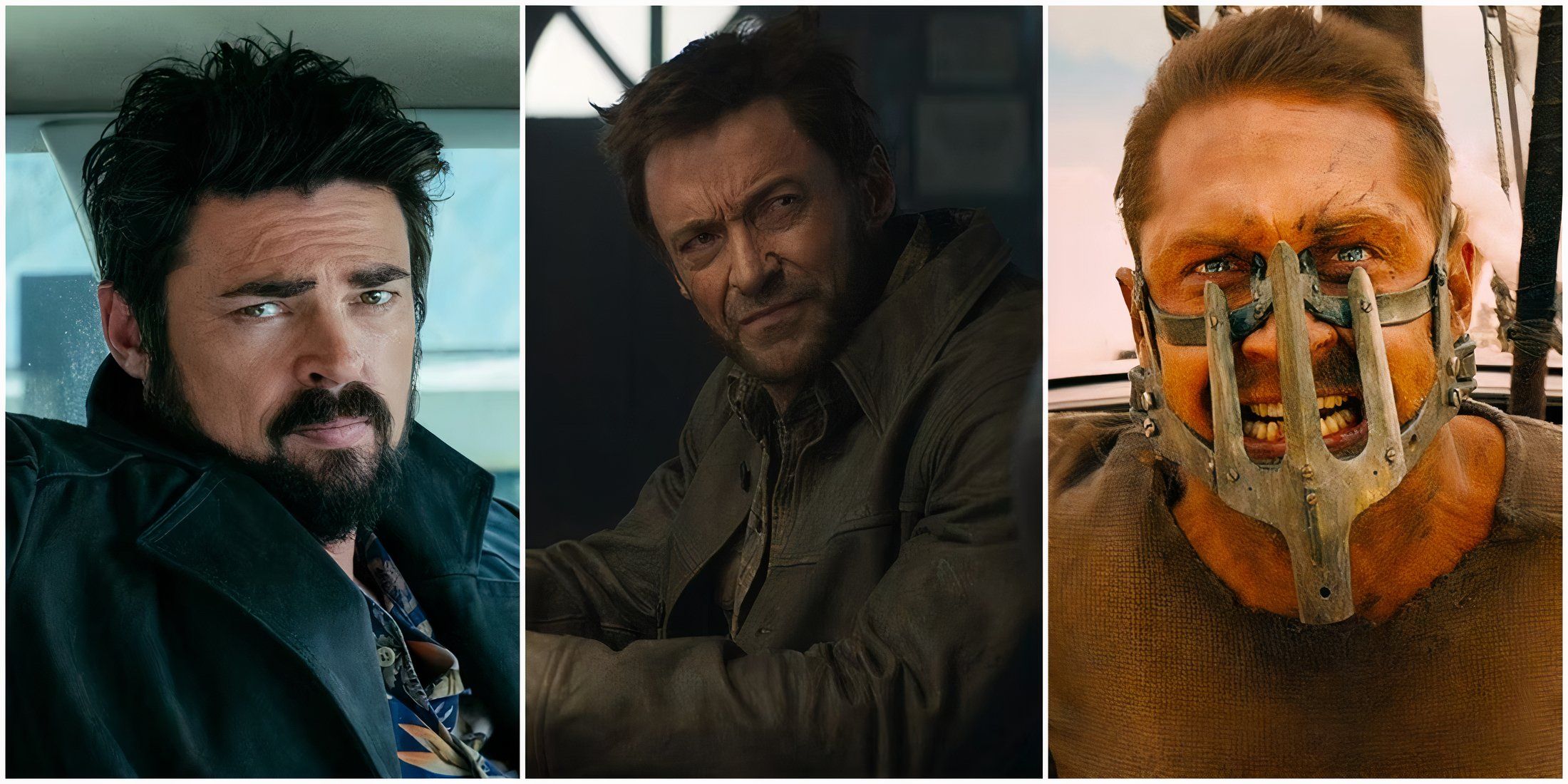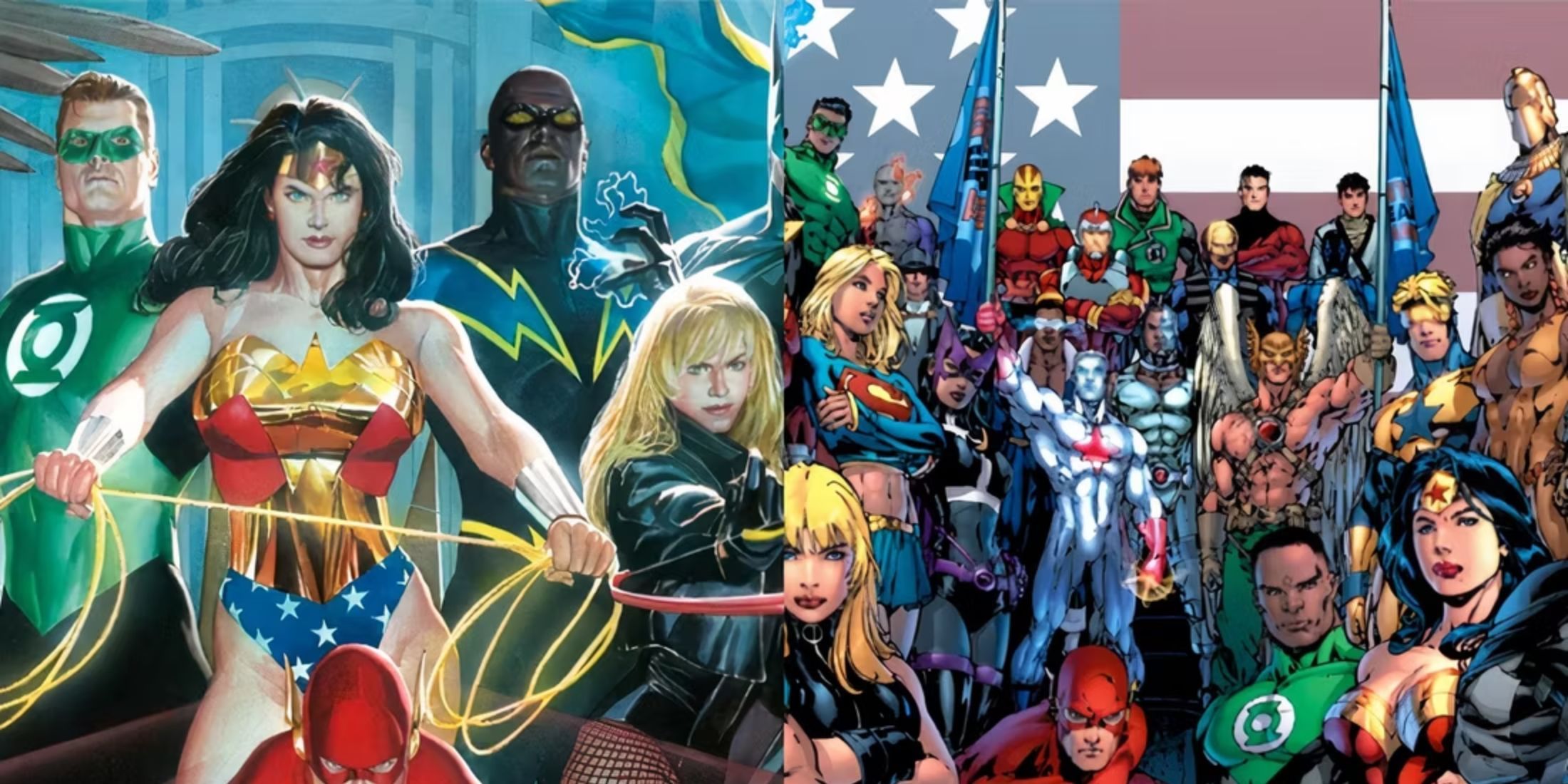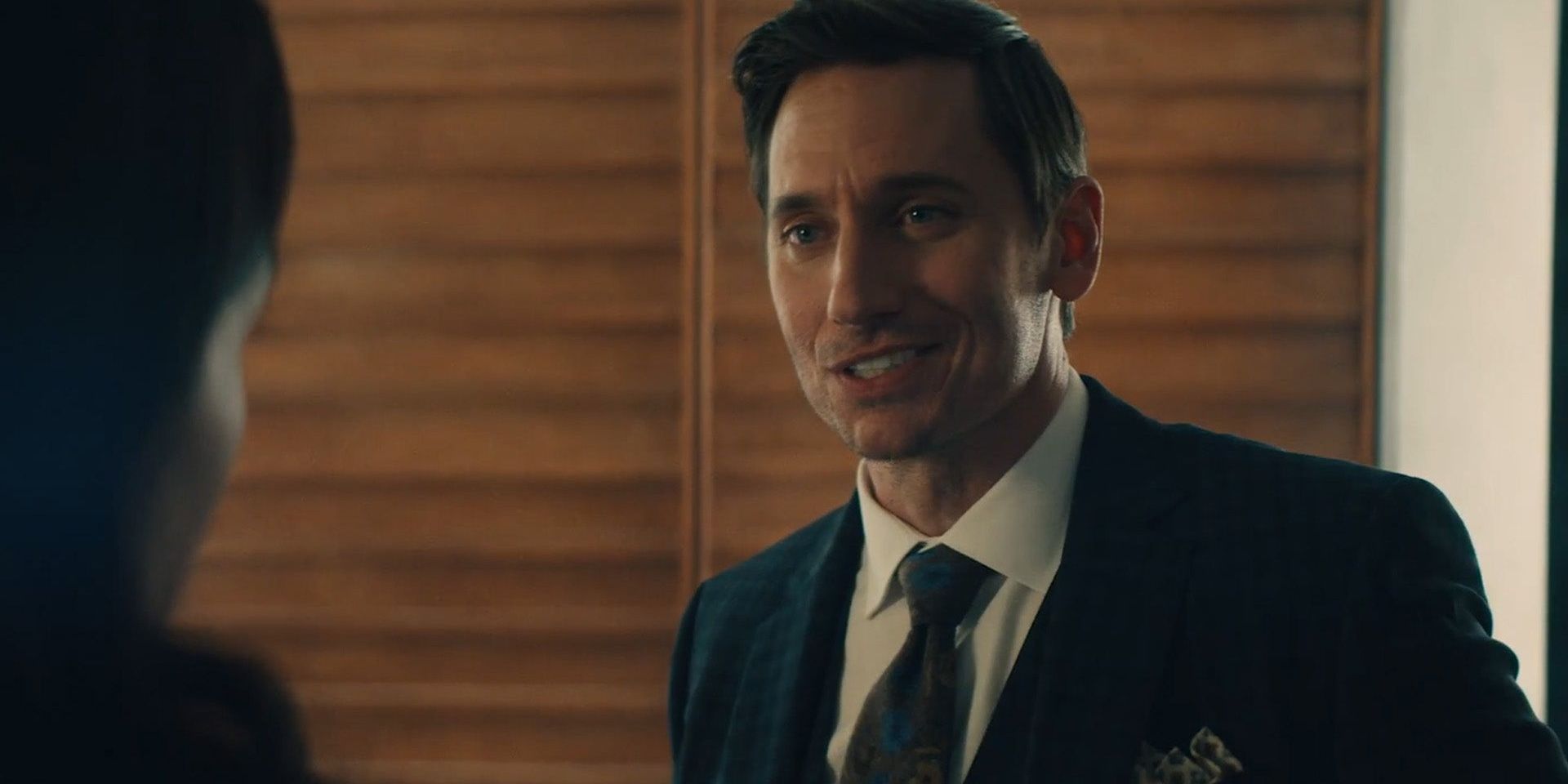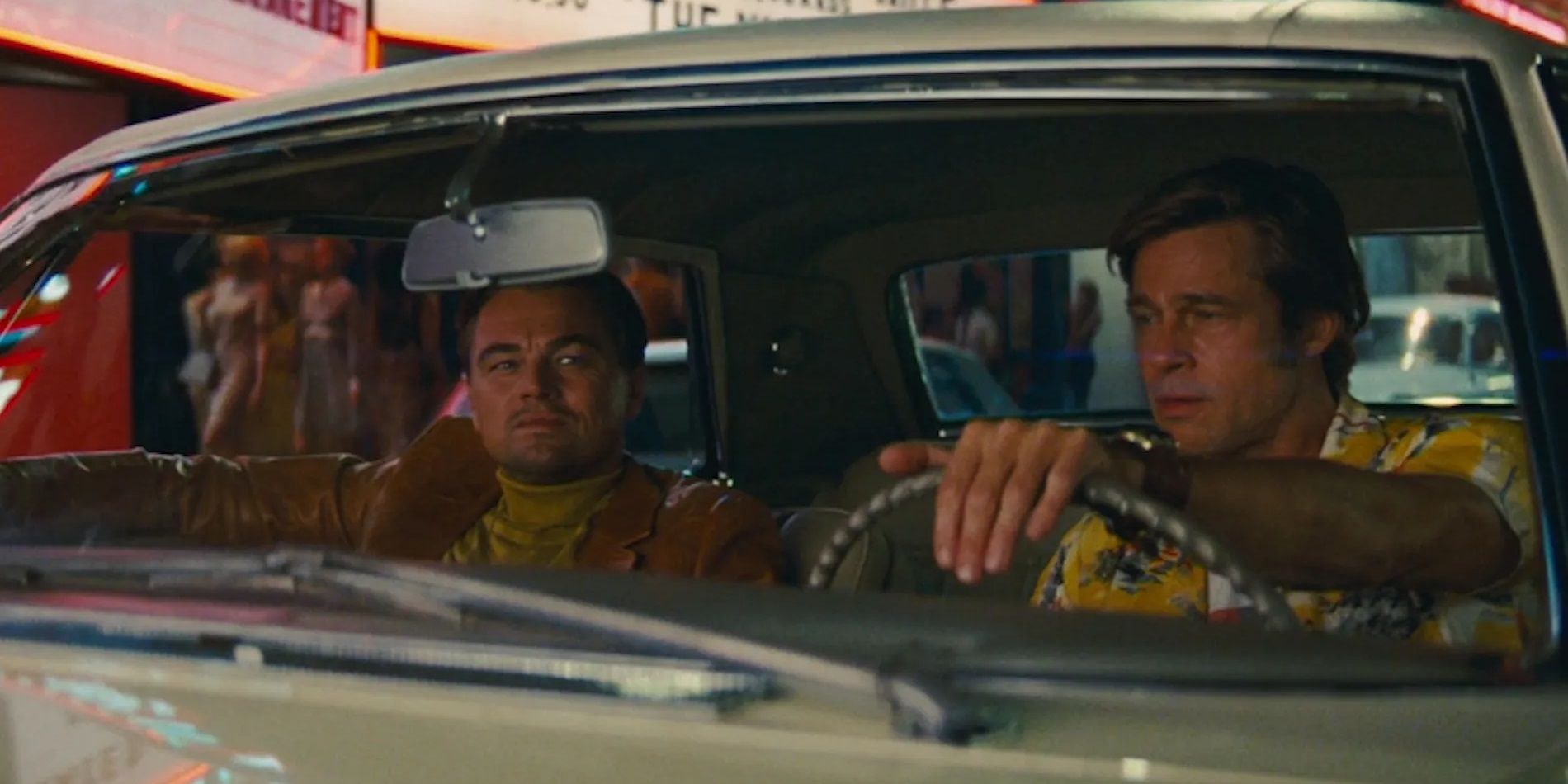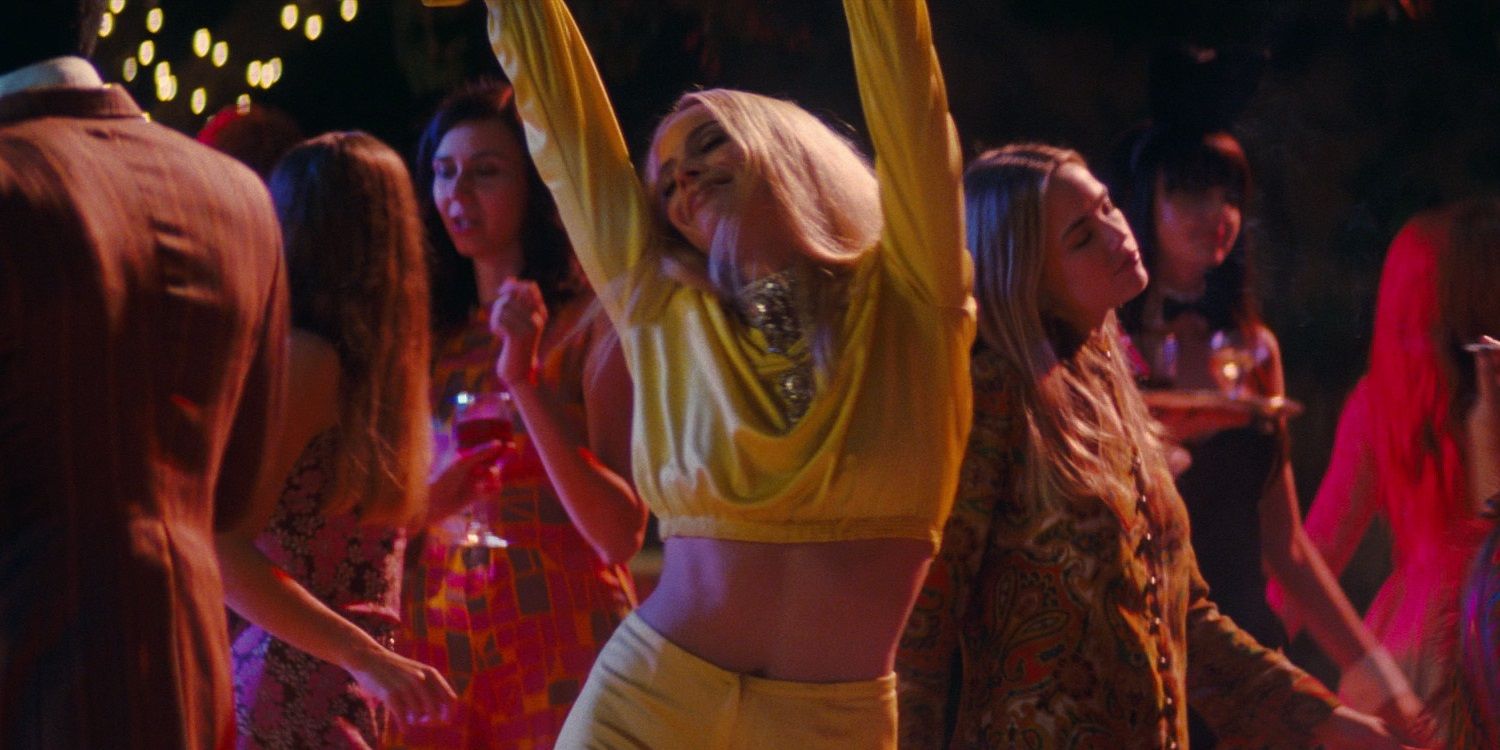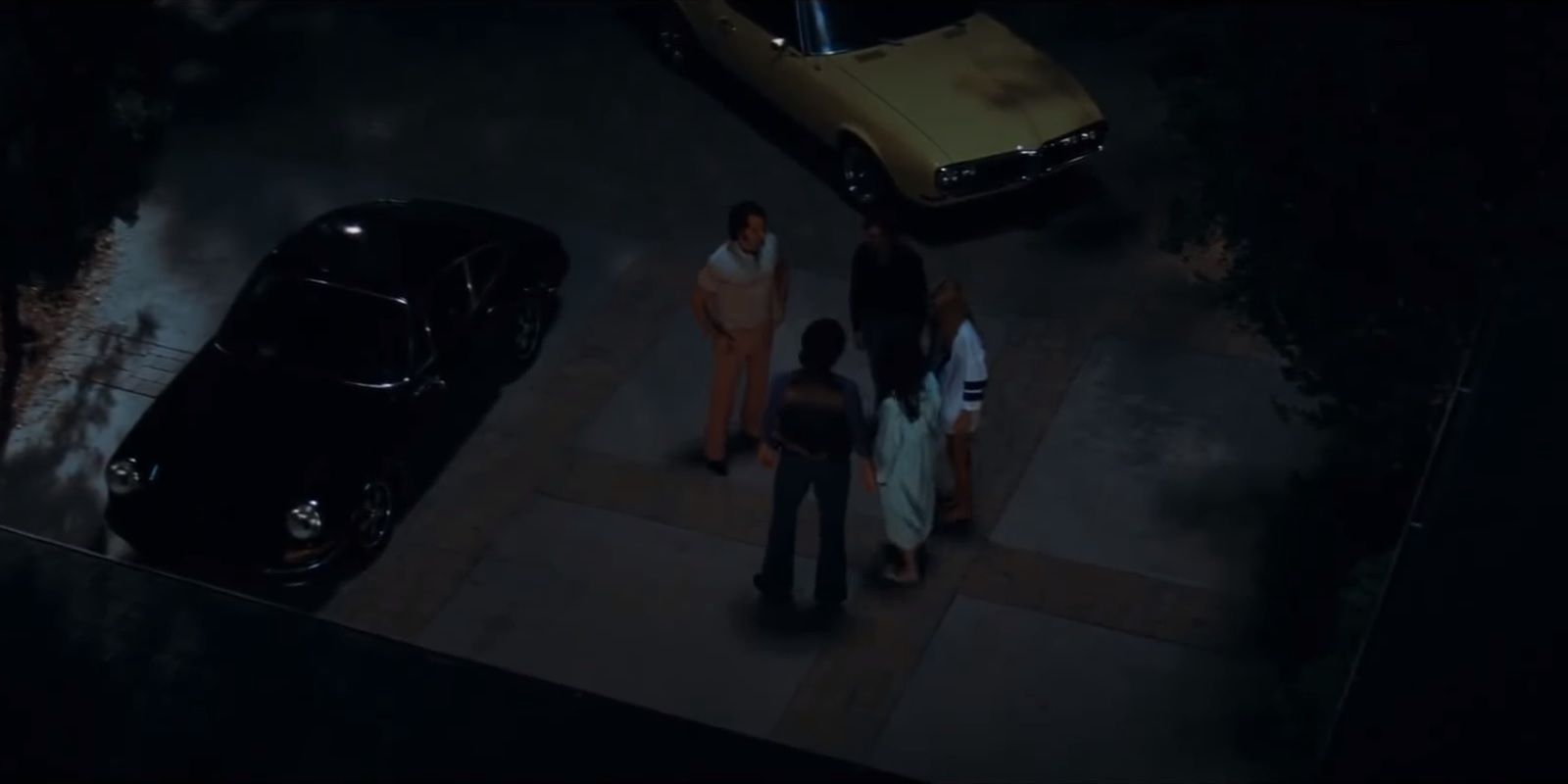Since Quentin Tarantino has promised to retire after making 10 movies and he’s currently got nine under his belt, fans are wondering what his tenth and final movie will be. There are plenty of ideas he’s mentioned in the past, from a third Kill Bill movie to a Vega brothers spin-off to an Inglourious Basterds sequel called Killer Crow, that could form the basis of the director’s final movie.
Due to the writer-director’s reputation for making wildly entertaining movies, there’s a lot of pressure on each movie he releases as it is. But the promise of what could be his final film – even if it doesn’t actually end up being his final film – will create insurmountable expectations. The only thing that could satisfy everybody is an Endgame-sized crossover in which all the heroes and villains from the Tarantino-verse face off in a gruesome battle royale.
Although 10 is a neater, rounder number for a polished filmography than nine, Tarantino arguably already made the perfect final movie with his most recent work, Once Upon a Time in Hollywood. A loosely plotted snapshot of Los Angeles in 1969 when the film industry was irreparably changed by the arrival of New Hollywood and the brutal murders of Sharon Tate and her friends, Once Upon a Time in Hollywood already felt like the perfect final artistic statement from Tarantino.
Starring Leonardo DiCaprio as a has-been movie star and an Oscar-winning Brad Pitt as his out-of-work, happy-go-lucky stunt double, Once Upon a Time in Hollywood puts all of Tarantino’s usual tropes – nonlinear storytelling, rapid pacing, blood-drenched action scenes – in the backseat in favor of an immersive day-in-the-life hangout movie that captures ‘60s L.A. beautifully. Unlike Tarantino’s other movies, which are genre pieces drawing on specific wells of film history, Once Upon a Time in Hollywood is a broader retrospective on cinema itself – particularly the time when American filmmaking threw traditions out the window and the rebels took over Hollywood.
Given that his movies had become pretty well-defined by the time he directed his ninth film, Tarantino threw in a few meta subversions of what fans have come to expect from his movies in Once Upon a Time in Hollywood to keep the audience guessing. The anticlimactic tension in the Spahn Ranch scene calls back to Tarantino-helmed suspense sequences like Butch’s Pop Tarts sealing Vincent Vega’s fate in Pulp Fiction. But instead of ending with a bang like those familiar set pieces, Cliff Booth finds that George Spahn is, indeed, napping, just like the hippies said.
Thanks to his use of excessive profanity and gratuitous violence, Tarantino isn’t known as a particularly mature filmmaker. But a couple of his movies are surprisingly mature. Jackie Brown has a subdued, laidback approach to its adaptation of Elmore Leonard’s Rum Punch, building to a thrilling cross-cutting finale. While Jackie Brown was hailed as Tarantino’s most mature (and most underappreciated) movie for years, Once Upon a Time in Hollywoodarguably claimed that title by drawing parallels between the characters’ arcs and the implications of the historical context without the need for a discernible plot.
The final set piece in Once Upon a Time in Hollywood is one of the most spectacular and mind-blowing sequences in movie history. After Tarantino killed off Hitler in Inglourious Basterds, fans weren’t expecting his depiction of the Manson murders to be historically accurate. But what does transpire in the movie still managed to shock. The graphic violence that Tarantino fans go to his movies to see came back with a vengeance as Cliff and Brandy turned on the Manson killers. After the relatively bloodless first and second acts, Tarantino made up for it with a whole movie’s worth of violence in the third act.
Then, following one of the greatest fight scenes ever put on film, Rick is invited up to Sharon Tate’s house, and the course of Hollywood history is changed forever. This melancholic, fairytale-like ending feels like it perfectly closes the book on Q.T.’s extravagant, revisionist cinematic opus. It’ll be difficult for Tarantino’s next movie to top this unforgettable final scene, because it felt so definitive – not just for the movie itself, but for the filmmaker’s entire career and relationship with film.
In a perfect world, Tarantino would never stop making movies. No one is making movies quite like Tarantino’s, homaging obscure subgenres and blending unwieldy dialogue with explosive action, and even the director’s weaker efforts, like Death Proof and The Hateful Eight, still have a lot to offer. But, on the other hand, Tarantino’s intention to retire after making 10 movies makes sense. A lot of the world’s greatest directors, like John Carpenter and Francis Ford Coppola, have eventually alienated their fans by continuing to churn out movies well past their prime – as far as a director’s reputation goes, every Jack cancels out a Godfather. Of course, Tarantino would want to prevent his own creative downfall to preserve the legacy of his earlier films, and 10 seems like a nice, round place to call it quits.
But he already made the ideal final movie. Once Upon a Time in Hollywood is an affectionate love letter to the movies, so it would make sense for it to be Tarantino’s grand farewell to the medium. If he’s going to stick to the retirement plan he’s been touting for years, there’s still one movie left to go before he leaves the director’s chair for good. There’s every chance that the challenge of topping the triumph of Once Upon a Time in Hollywood might inspire Tarantino to go above and beyond and create an even greater movie as his fabled tenth and final work.

